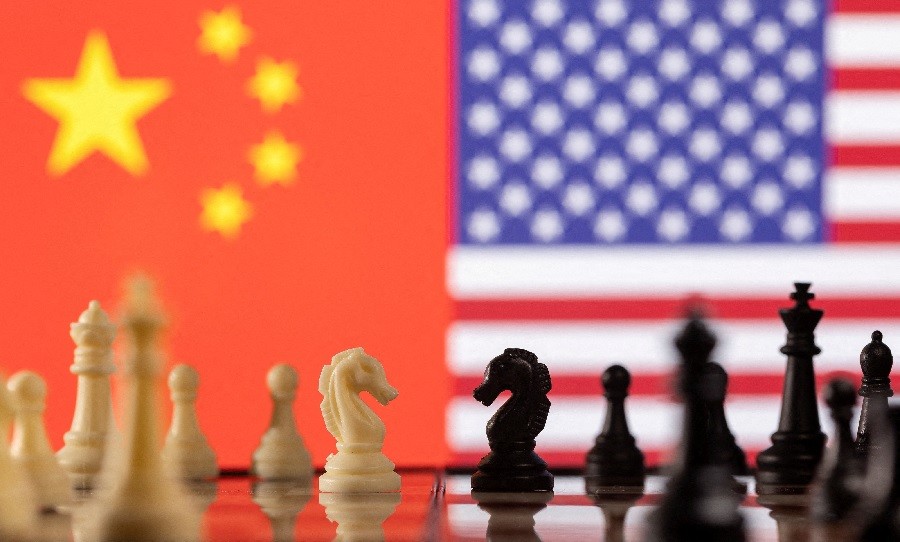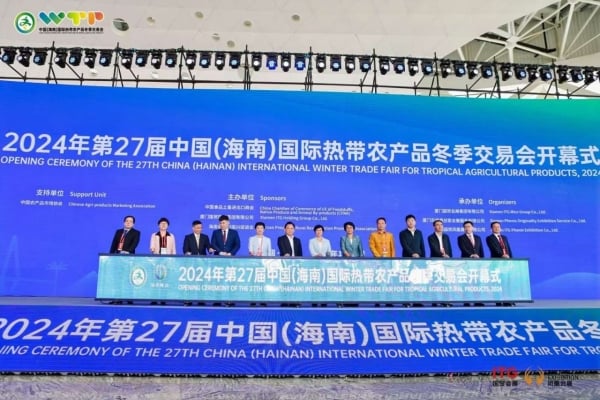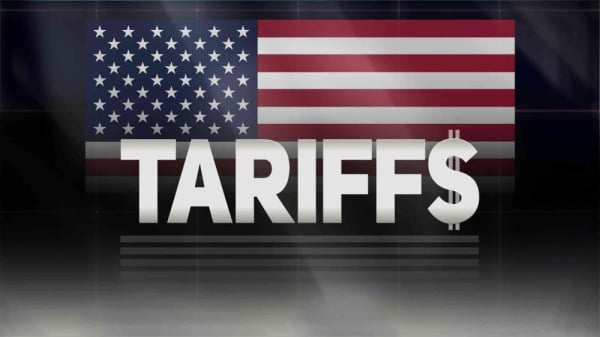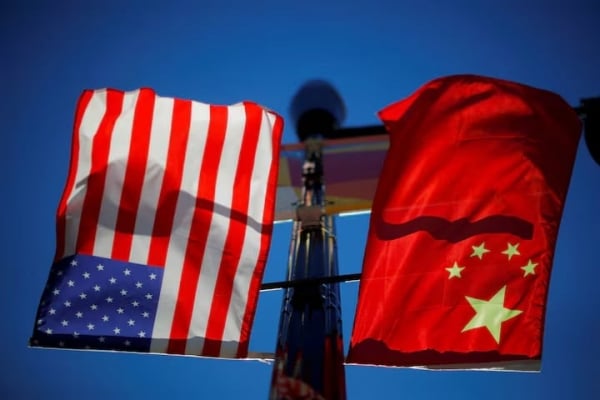 |
| US-China relations have been on the decline for some time, with Washington complaining about Beijing's trade and currency practices. (Source: Reuters) |
On June 28, Chinese President Xi Jinping signed into law a new law that essentially allows the country to retaliate against the growing number of sanctions imposed by the United States and its allies. The new foreign policy law provides a legal framework for China to take action against companies and countries it believes are punishing it. The new law takes effect on July 1.
“China’s top legislature passed the Foreign Relations Law on June 28, marking a milestone. It is the first comprehensive and fundamental foreign relations law aimed at plugging loopholes in foreign policy,” the Global Times , the mouthpiece of the Chinese Communist Party, reported.
The law was enacted amid new challenges in foreign relations, especially as China frequently faces external interference in its internal affairs with unilateral sanctions from the West.”
US increases sanctions
It's no secret that US-China relations have been on the decline for some time, with Washington complaining about Beijing's trade and currency practices.
For example, the US often accuses China of currency manipulation – the act of keeping the yuan weak – to gain an advantage in trade. The trade deficit with Asia’s No. 1 economy was a key issue that former US President Donald Trump repeatedly raised.
Washington is similarly concerned about Beijing stealing technological secrets. In October 2022, US President Joe Biden announced a series of sweeping export bans that essentially bar Chinese companies from buying advanced microchips and related equipment from the US.
The US's growing proximity to India is also seen in the same light that the world's largest economy is hoping to use the South Asian nation as a counterweight to the rise of the Northeast Asian nation.
The Covid-19 pandemic has seen many countries, especially the US, increasingly trying to come up with strategies to mitigate the risks of engaging with China.
However, this is easier said than done.
In fact, over the past three decades, China has become the world's factory. Moving factories out of the world's second-largest economy is not easy because there is no immediate replacement.
Few countries can boast the human and physical infrastructure that China has. Moving away from the world’s factory, even due to geopolitical and foreign policy concerns, will not be without costs.
China's response
Unsurprisingly, Beijing has repeatedly criticized Washington’s bans and restrictions, while rejecting accusations of corporate espionage and alleged currency manipulation. China also argues for a more open global economic order.
Beijing's attitude and actions have become increasingly assertive, especially since the economic confrontation with Washington has also spilled over into territorial issues such as China's Hong Kong and Taiwan.
For example, on June 27, while speaking at the World Economic Forum’s 14th Annual Meeting in Tianjin—also known as Summer Davos—Chinese Premier Li Qiang warned Western powers that the country’s efforts to “de-risk” could lead to the fragmentation of global supply chains. He said governments should not “overstep their bounds” in pushing companies to leave China.
“We should oppose the politicization of economic issues and work together to keep the global industrial and supply chain stable, smooth and secure, so as to bring the fruits of globalization to different countries and groups of people in a more equitable way,” the Chinese leader stressed.
According to People's Daily , the new law implies that: "China has the right to take necessary countermeasures according to law against acts that violate international law and basic norms governing international relations and endanger China's sovereignty, security and national interests. Beijing will formulate laws and administrative regulations, establish corresponding working systems and mechanisms, strengthen coordination between departments, and establish and implement relevant countermeasures and restrictions."
“For the first time, the law clearly states the purpose, conditions and policy direction of applying Chinese law in foreign relations, and stipulates the principles for countermeasures and restrictions against foreign countries, individuals or organizations,” Huang Huikang, professor of the Institute of International Law at Wuhan University, told the Global Times.
Beijing has also taken actions such as banning domestic companies from buying products from Micron Technology Inc, a US chipmaker.
China hopes to overtake the US as the world’s largest economy and a technological superpower. At the same time, Beijing cannot afford to give up its existing control as the nerve center of global manufacturing.
The new law is expected to allow China to respond more strongly to US actions.
Source







































Comment (0)